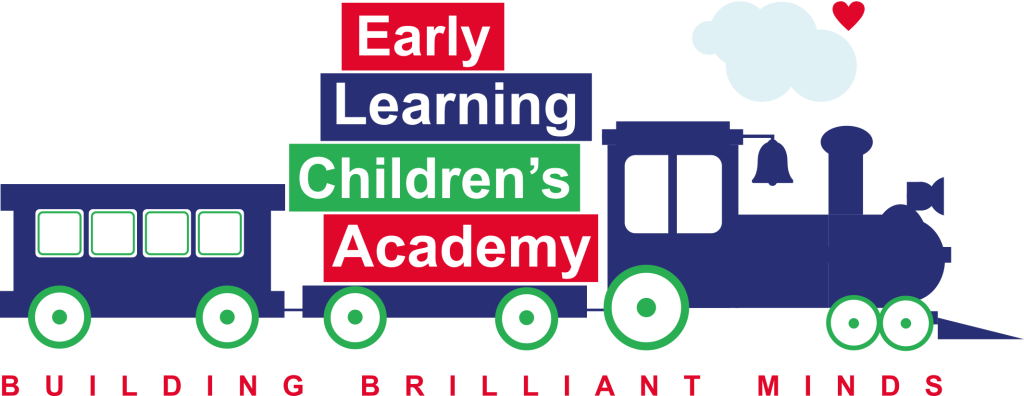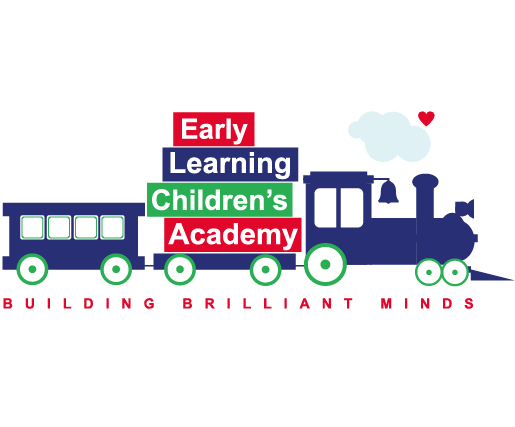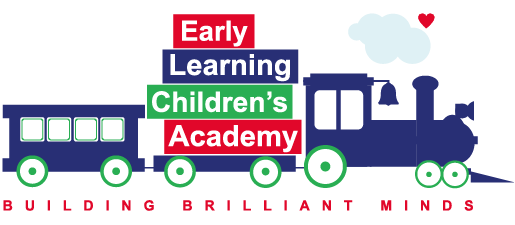As children learn and grow, they make discoveries about themselves and the world that surrounds them. Childhood is the most critical time for building the physical and mental foundations that will support us for the rest of our lives.
As a parent of a small child, you should strive to provide the tools necessary to help your child develop and succeed throughout adolescence and beyond. One of the best tools you can equip your child with is the gift of music. Music is an integral part of enhancing hand-eye coordination, practicing and tuning fine motor skills, and so much more. Here are a handful of positive effects of music on early child development.

Music Enhances Fine Motor Skills
Making music, especially if it includes tapping, bouncing, and dancing can help enhance fine and large motor skills. Simple songs, in addition to back-and-forth play, help build important neural connections in your child’s small, developing brain.
Music Expands Language Skills
Whether we realize it or not, music plays an important role in expanding our language skills. Music helps us retain words and expressions more effectively, and repetitive patterns help us to memorize words. Enhanced auditory processing skills lead to enhanced processing of speech.
Music Builds a Foundation of Intimacy
In addition to improved motor and language skills, music has a significant impact on children’s intimate relationships. Studies have shown that babies will listen calmly to a lullaby longer than baby talk or adult speech. When parents or caregivers sing lullabies to their babies, with changing pitch, tone, and lyrics, babies have shown to respond with a relaxed sense of security.
Music Provides Literacy & Numeracy Skills
From early on, babies can hear the difference between different types of sounds. Within a few weeks after birth, a baby can identify their mother’s voice. Early exposure to music enhances a child’s natural ability to decode sounds and words.
Music Helps Toddlers Improve Vocabulary Skills
Even though your toddler may not understand the words in a song or a nursery rhyme, they develop their understanding by identifying the storytelling in a song. Songs are a valuable source of grammar, vocabulary, and sentence structure.
Music Lesson Can Increase IQ
According to a study, children who were given piano lessons over the course of a school year tested on average, three IQ points higher than their counterparts. Studies have shown that music can have a lasting effect on IQ.
Music Inspires Creativity
Listening to happy music promotes more unconventional thinking—a key to the foundation of creativity. Since music has been shown to improve cognition and enhance learning, it makes sense that it impacts creative thinking, too. Creativity is a major component of music-making, as well, and is helpful in the conception and creation of songs during the songwriting process.
Okay, let’s be honest, your child is unlikely to become the next Mozart—but that’s okay! Just because your child won’t become the next musical prodigy doesn’t mean that you should just skimp over music education. There have been numerous cognitive and physical benefits to learning a musical instrument in early childhood that will set your child up for success in the future.




